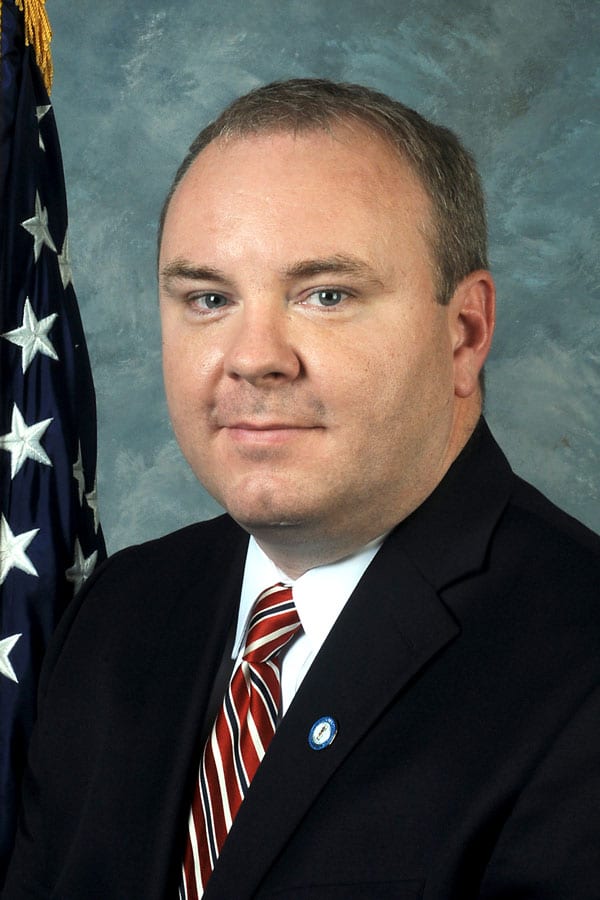Kentucky looks closer than ever to joining the 37 states that allow prescriptions for marijuana, or cannabis.
Thursday evening a state House committee approved a bill that would allow doctors to prescribe cannabis to people who have certain ailments, “along with a new bureaucracy to strictly regulate it from plant to processor to dispensaries,” which sponsor Jason Nemes, a Louisville Republican, says will be the strictest medical program in the country,” Joe Sonka reports for the Courier Journal.

The ailments are cancer, “chronic, severe, intractable, or debilitating pain; epilepsy or any other intractable seizure disorder; multiple sclerosis, muscle spasms, or spasticity; and nausea or vomiting.” Nemes said he will support a floor amendment by Rep. Rachel Roberts, D-Newport, to add post-traumatic stress syndrome.
“A similar medical cannabis bill led by Nemes easily cleared the House chamber for the first time in 2020 with 65 votes, but stalled in the Senate because of the COVID-shortened session” and lack of support by Republican leaders, Sonka notes. “However, medical marijuana advocates are now optimistic,” due to new support from Senate Judiciary Committee Chairman Whitney Westerfield, “who met many times with Nemes over the past year to amend it into legislation he could back.”
“You can’t overestimate how important he is,” Nemes said after the House Judiciary Committee approved House Bill 136 15-1. Voting no was Rep. Kim Moser, R-Taylor Mill, who cited opposition from doctors, including concerns about the lack of guidelines for prescribing and dosing cannabis.
Westerfield, a Republican from Crofton in Christian County, said he still has concerns about youth access to cannabis, but “I’ve heard too many stories in my district, and out, from those long suffering, and their loved ones left behind, that marijuana brought comfort and relief when nothing else worked.”

Nemes said “I feel good about where we are in the Senate,” but Sonka reports that to pass, the bill would need a majority of the 30 Republicans in that chamber, and the top two Republicans, “Senate President Robert Stivers and Majority Floor Leader Damon Thayer, have both expressed skepticism about medical marijuana in the past and said more research was needed, though the legislation has never received a thorough debate within the chamber’s GOP caucus room.” Those debates are private.
The bill would allow county governments to impose fees on cannabis businesses “to compensate for any additional public safety impact” and prohibit medicinal cannabis sales by voter referendum, but if a county’s voters did so, city governments could exempt themselves from the prohibition.
The bill also includes a 12% tax on cannabis sold to dispensers, mainly to cover the costs of regulating it; 13.75% of the revenue would be returned to dispensaries to subsidize purchases of cannabis by those who can’t afford it.





